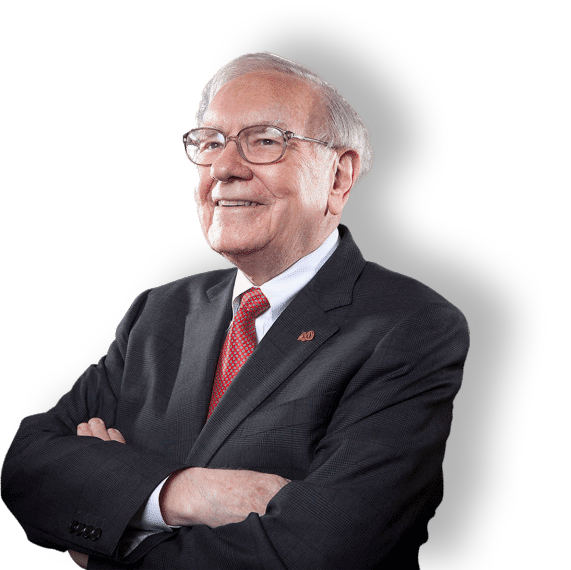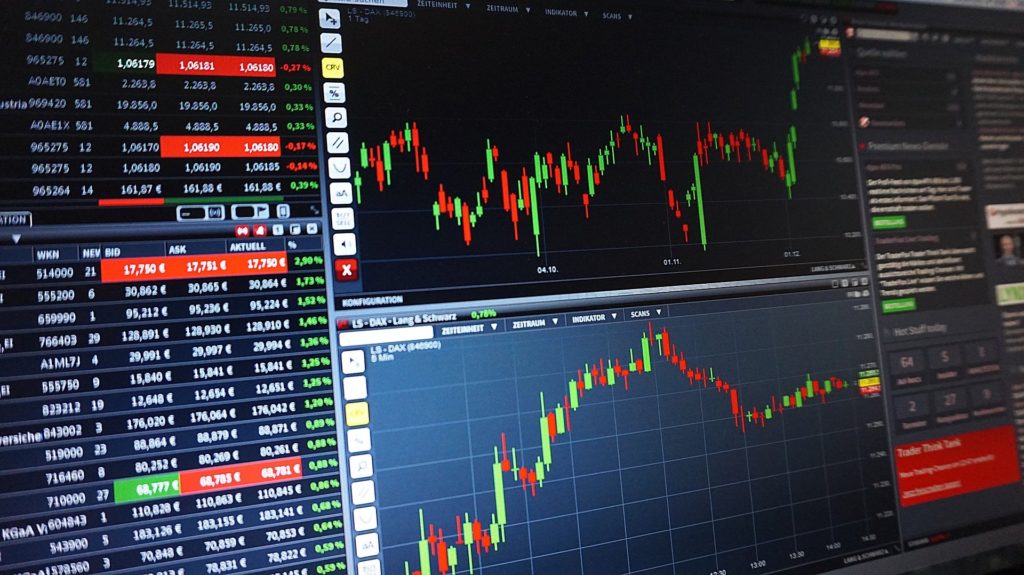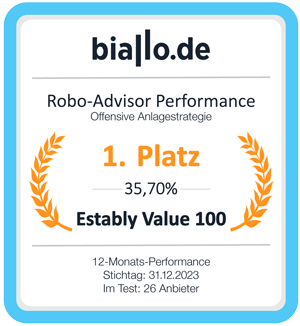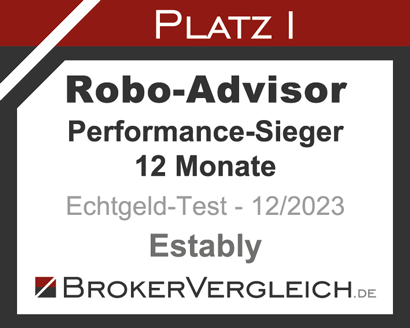
Der Preis ist, was man bezahlt.
Der Wert, was man bekommt.
- Warren Buffett
Modern
Value Investing
from Liechtenstein
The price is what you pay.
The value, what you get.Warren Buffett

Investment principles
This is the basis of our investment philosophy
Concentrated instead of broadly diversified
This approach allows us to Analyse companies down to the smallest detail and identify companies with the characteristics we are looking for.
Focus on high-quality, high-growth companies
Our focus is not only on high-quality companies, but also on high-growth companies.
Buy and Hold
As long as our fundamental investment thesis in the companies holds up, we will hold on to the holdings and allow for higher fluctuations in the share price.
No market timing
Since market timing does not work sustainably and hedging cannot therefore be successfully targeted, we refrain from doing so altogether.
Global approach without overweighting the home market
We have a global investment approach and avoid overweighting the home market of Europe.
Crisis-proof companies
We invest in companies that can generate above-average returns over the long term and still have a high degree of crisis protection in fundamental terms.
Modern value investing
Investing like Warren Buffett
While Benjamin Graham’s classic value investing approach was based solely on the undervaluation of a company, Graham’s pupil Warren Buffett and his partner Charlie Munger expanded the strategy to include other influencing factors.
The result was a more modern version of value investing, the basic principles of which we also use to make our investment decisions. In addition to an attractive valuation, the factors taken into account include a high-quality business model, long-term competitive advantages and future growth prospects.

Every company that is traded on the stock exchange has a share price and an “actual” value. We Analyse potential companies down to the smallest detail in order to determine the most accurate value possible. If the share price is lower than the value, an investment is attractive for us, as we assume that the price will adjust to the value in the long term.
Successful value investors regularly manage to outperform the market – i.e. the average – over a long period of time. In contrast to ETFs, we are not tied to an index – this opens up a much broader field of possible investments. Even in the event of unfavorable developments, we are not forced to cling desperately to certain shares.
You can find out how we compare with other robo advisors here.
In addition to a great deal of experience and excellent analytical skills, value investing also requires courage and patience. Courage not to simply hide behind a share index, but to deviate from it. Patience because a convergence between actual value and current price takes time and does not happen overnight.
Investment process
This is how a company makes it into our portfolios
Step 1
Analyse
In order to get to know a potential company inside and out, we research for months. In addition to hard facts such as balance sheets and key figures, we are particularly interested in soft factors that cannot be measured by numbers. Among other things, we attach importance to:
- the quality of the business model,
- the competence of the management,
- unique competitive advantages,
- Talks with (ex-)employees, suppliers and customers


Step 2
Valuation
In the next step, we determine the “actual” value of the company and compare it with the current price (= share price).
If the price is below the actual value, we exploit the difference for an investment, as we assume that the share price will adjust to the actual value in the long term. True to the motto “The price is what you pay. The value is what you get.
Step 3
Monitoring
Once a stock has made it into our portfolios, we keep a close eye on our investment in order to react to changes in the competitive environment, management, or stock price.
If the price of a share drops, but we remain convinced of the company, we may use the drop in price to buy even more of the stock at a bargain price.

Do you want to know more about our strategy?
Risk management
Concept of the "safety margin"
The concept of the “safety margin” ensures that each share in your portfolio has a sufficient safety cushion.
This cushion is created by the difference between the share price and the intrinsic value of the company. The more undervalued a company is according to our analyses, the more likely it is to weaken (for example in times of crisis) in order to still be profitable.

Awards
Multiple performance winner thanks to modern value investing

biallo.de
Performance winner 2023

geldanlage-digital.de
Performance winner 12 months (02/2024)

brokervergleich.de
Performance winner 2023

brokervergleich.de
Best risk-return ratio 2023
Value Investing Crashkurs
Get to know our investment strategy
We share our value investing knowledge with you in an e-mail series:
- 5 Valuable tips for investment beginners
- Our strategy for 103.55% return since 2016
- 3 Key figures for undervalued companies
Rely on the proven investment strategy
As the only digital asset manager that focuses on single stock-based value investing, we make you part owners of outstanding companies that are trading below their value on the stock market.
Take a look at our investment strategies for more detailed information.
About our value investing strategies:




